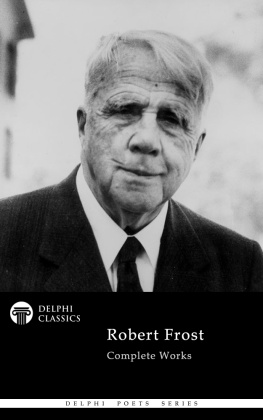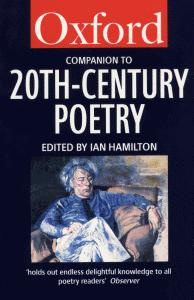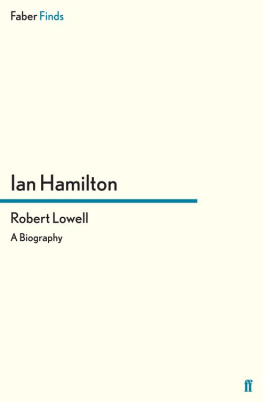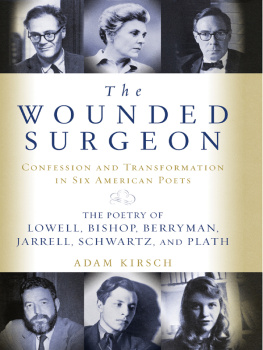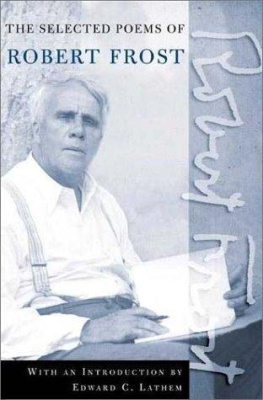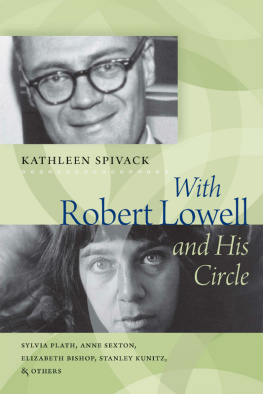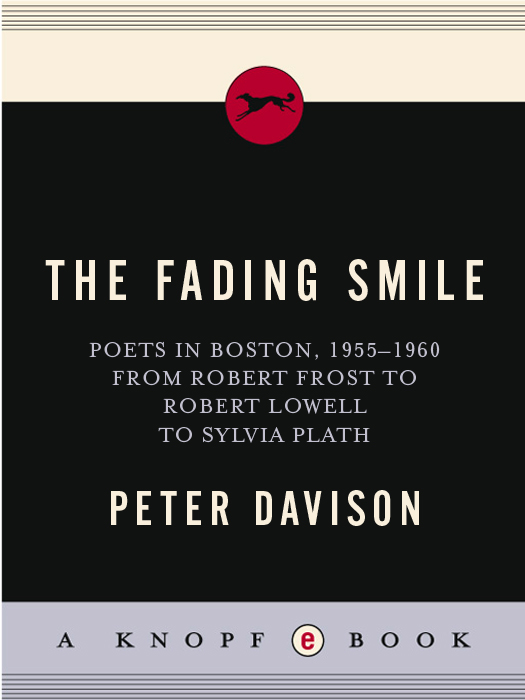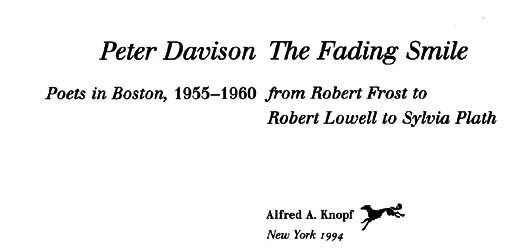Books by Peter Davison
POETRY
The Great Ledge (1989)
Praying Wrong: New and Selected Poems, 19571984 (1984)
Barn Fever and Other Poems (1981)
A Voice in the Mountain (1977)
Walking the Boundaries (1974)
Dark Houses (1971)
Pretending to Be Asleep (1970)
The City and the Island (1966)
The Breaking of the Day and Other Poems (1964)
PROSE
The Fading Smile: Poets in Boston, 19551960, from Robert Frost to Robert Lowell to Sylvia Plath (1994)
One of the Dangerous Trades: Essays on the Work and Workings of Poetry (1991)
Half Remembered: A Personal History (1973) ( REVISED EDITION , 1991)
EDITOR OF
The World of Farley Mowat: A Selection from His Works (1980)
Hello, Darkness: The Collected Poems of L. E. Sissman (1978)
THIS IS A BORZOI BOOK
PUBLISHED BY ALFRED A. KNOPF, INC.
Copyright 1994 by Peter Davison
All rights reserved under International and Pan-American Copyright Conventions. Published in the United States by Alfred A. Knopf, Inc., New York, and simultaneously in Canada by Random House of Canada Limited, Toronto. Distributed by Random House, Inc., New York.
Owing to limitations of space, acknowledgments for permission to reprint previously published and unpublished material may be found following the Index.
Chapter 11, appeared in slightly different form in The Yale Review, volume 82, number 3, in July 1994.
Library of Congress Cataloging-in-Publication Data
Davison, Peter.
The fading smile: poets in Boston, 19551960, from Robert Frost to Robert Lowell to Sylvia Plath / by Peter Davison.
p. cm.
Includes bibliographical references (p.).
eISBN: 978-0-307-83296-2
1. American poetryMassachusettsBostonHistory and criticism. 2. American poetry20th centuryHistory and criticism. 3. Poets, AmericanMassachusettsBostonBiography. 4. Boston (Mass.)Intellectual life20th century. 5. Davison, PeterFriends and associates. I. Title.
PS 255. B 6 D 38 1994
811.5409974461 DC 20
93-43945
v3.1
To Harry Ford
WHOSE LOVE OF BOOKS AND LOYALTY TO AUTHORS ARE SURPASSED BY NO ONES
Acknowledgments
This book took its beginnings in a lecture delivered to the Harvard Alumni College in June 1988, and an expanded version delivered to the Friends of the Smith College Library on March 30, 1990. Many people have contributed notes, anecdotes, and substantial information; but without the kind assistance of, and interviews with, the following poets and their friends, this book could not have been written: Daniel Aaron, William Alfred, Barbara K. S. Boger, Philip Booth, Edward J. Brunner, Albert C. Cook, Doris Holmes Eyges, Donald Hall, Elizabeth Hardwick, Anthony Hecht, Galway Kinnell, Maxine Kumin, Stanley Kunitz, Janet Malcolm, W. S. Merwin, Diane Middlebrook, Adrienne Rich, Stephen Sandy, Anne B. Sissman, Martin Slobodkin, Anne Stevenson, Saul Touster, and Richard Wilbur. I am grateful to the staffs of the Rare Book and Manuscript Room at the William Allan Neilson Library at Smith College, especially the late Ruth Mortimer, and, at Harvard University, to the Theatre Collection at the Nathan M. Pusey Library and to the Houghton Library and its helpful and severe guardians. Finally, and most warmly, I am grateful to Mary Nash for her biographical advice, and to Harry Ford for his long-standing supportemotional, intellectual, fiscal, and gastronomicover twenty-eight years as my editor and publisher. The support, moral, emotional, and intellectual, of my wife, Joan E. Goody, should not and does not go without saying.
Contents
Illustrations
( FOLLOWING PAGE 9 )
Doris Eyges
Doris Eyges
Doris Eyges
Doris Eyges
Poets Theatre
Poets Theatre
Doris Eyges
Peter Davison
W. S. Merwin
Robert Chapman
Doris Eyges
Donald Hall
Doris Eyges
Philip Booth/Camera North
Lee Parks
Barbara Boger
Doris Eyges
Edward Gorey
Poets of my generation and particularly younger ones have gotten terribly proficient at these forms. They write a very musical, difficult poem with tremendous skill. Its become a craft, purely a craft, and there must be some breakthrough back into life.
Robert Lowell, 1960
All the other arts, except music as composition, require some matter in order to fulfill themselves. The great thing about poetry is that your selfhood is simultaneously your instrument and your vessel.
Stanley Kunitz, 1974
When Ted Hughes writes about the struggle of Plaths true self to emerge from her false one, he is surely writing about a historical as well as a personal crisis. The nineteenth century came to an end in America only in the nineteen-sixties.
Janet Malcolm, 1993
No poem had ever said it to me quite so directly. At twenty-two it called me out of a kind of sleepwalking. I knew, even then, that for me poetry wasnt enough as something to be appreciated, finely fingered: it could be a fierce, destabilizing force, a wave pulling you further out than you thought you wanted to be. You have to change your life.
Adrienne Rich, 1993
Prelude: The Vortex, April 1959
To a Mad Friend
I may look fine at the moment, but like you
I have capered and somersaulted in the street,
While, hoisted upon my shoulders, someones face
Smiled at my friends and answered the telephone;
Or hovered, like a fish with nose against
A rock, in elements I could not breathe.
Youve seen us in every land youve travelled through:
Our ties were tied, our shoes were always shined,
But icy eyes and tightness around the smile
Are marks enough to know your brothers by.
Rest easier, friend: weve all walked through your dreams
And are no strangers to that company.
PETER DAVISON , 1959
On May 11, 1959, Robert Lowells Life Studies, the most influential book of American poetry for a generation, was to be published in New York. It had cost its author a harrowing struggle of over five years to renew not only the rhetoric of his poetry, but its very texture and substance. The book was, oddly, published first in England, early in April, but the English edition did not include the thirtysix-page prose memoir 91 Revere Street, recounting Robert Lowells childhood on Bostons Beacon Hill, the tormented decline of one of Americas aristocratic literary families, and the fateful consequences for the author.
The American criticsthose who could face the strange music of Life Studieseither recoiled, huzzahed, or reached for fresh labels for this jar of poisoned history. M. L. Rosenthals September Nation review finally slapped a stickerconfessionalon the book, which has lasted longest and is, I fear, most misleading. Lowells mentor, Allen Tate, had written him privately about the poems: I do not think you ought to publish them. They have no public or literary interest. John Thompson, Lowells longtime friend, wrote with immediate discernment in



